Quercetin is a polyphenolic compound, a type of flavonoid, that is found in a variety of plants consumed by human beings and available as a dietary supplement. It has antioxidant, anti-inflammatory, immunomodulatory and anti-pathogenic properties. It regulates the expression of genes that are associated with cytokine production (1-3). In vitro and animal studies have proved the effects of quercetin on immune activity i.e. macrophage phagocytosis, neutrophil chemotaxis, N K cell lytic activity and mitogen-stimulated lymphocyte proliferation. Quercetin exhibits antibacterial and antiviral properties, including inhibition of influenza A strains H1N1, H3N2 andH5N1 entry when added to the cell cultures (4).
Red wine and tea both include the natural plant flavonoid quercetin, which is a well-known potent antioxidant. Increasing oxidative stress and chronic inflammation, both of which hasten ageing and the onset of chronic illnesses, are two significant variables associated with ageing that quercetin actively regulates.
The anti-inflammatory and antioxidant properties of quercetin have a dual function in metabolic and heart health.
Quercetin can be used for several purposes, such as enhancing memory and the immune system. This product can also slow the ageing process of the skin, raising NAD+ levels, removing senescent cells like a senolytic, enhancing circulation, and treating skin complaints.
How effective is this in Covid?
The plant flavonoid quercetin is well known for both its antioxidant and anti-inflammatory qualities. The body's antioxidant reserves are depleted by the immune cell hyper activation caused by COVID.
In conclusion
Inflammation is one of the main causes of ageing, and COVID significantly increases inflammation. This explains the connection between COVID and lifespan. These supplements can lessen weariness, pains, and brain fog while supporting the immune system. Several of the components in the capsules are already well-known supplements for extending life.
Reference
- Nieman, D. C., Henson, D. A., Gross, S. J., Jenkins, D. P., Davis, J. M., Murphy, E. A., ... & Mayer, E. P. (2007). Quercetin reduces illness but not immune perturbations after intensive exercise. Medicine & Science in Sports & Exercise, 39(9), 1561-1569.
- Henson, D., Nieman, D., Davis, J. M., Dumke, C., Gross, S., Murphy, A., ... & Mayer, E. (2008). Post-160-km race illness rates and decreases in granulocyte respiratory burst and salivary IgA output are not countered by quercetin ingestion. International journal of sports medicine, 29(10), 856-863.
- Heinz, S. A., Henson, D. A., Austin, M. D., Jin, F., & Nieman, D. C. (2010). Quercetin supplementation and upper respiratory tract infection: A randomized community clinical trial. Pharmacological research, 62(3), 237-242.
- Aucoin, M., Cooley, K., Saunders, P. R., Cardozo, V., Remy, D., Cramer, H., ... & Hannan, N. (2020). The effect of quercetin on the prevention or treatment of COVID-19 and other respiratory tract infections in humans: A rapid review. Advances in integrative medicine, 7(4), 247-251.
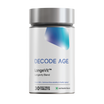
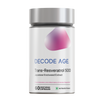
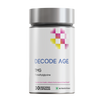
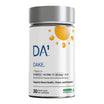
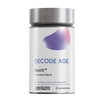
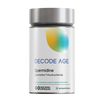
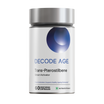
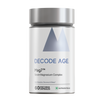
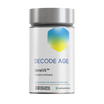
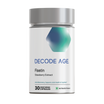
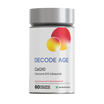

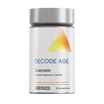
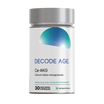

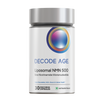




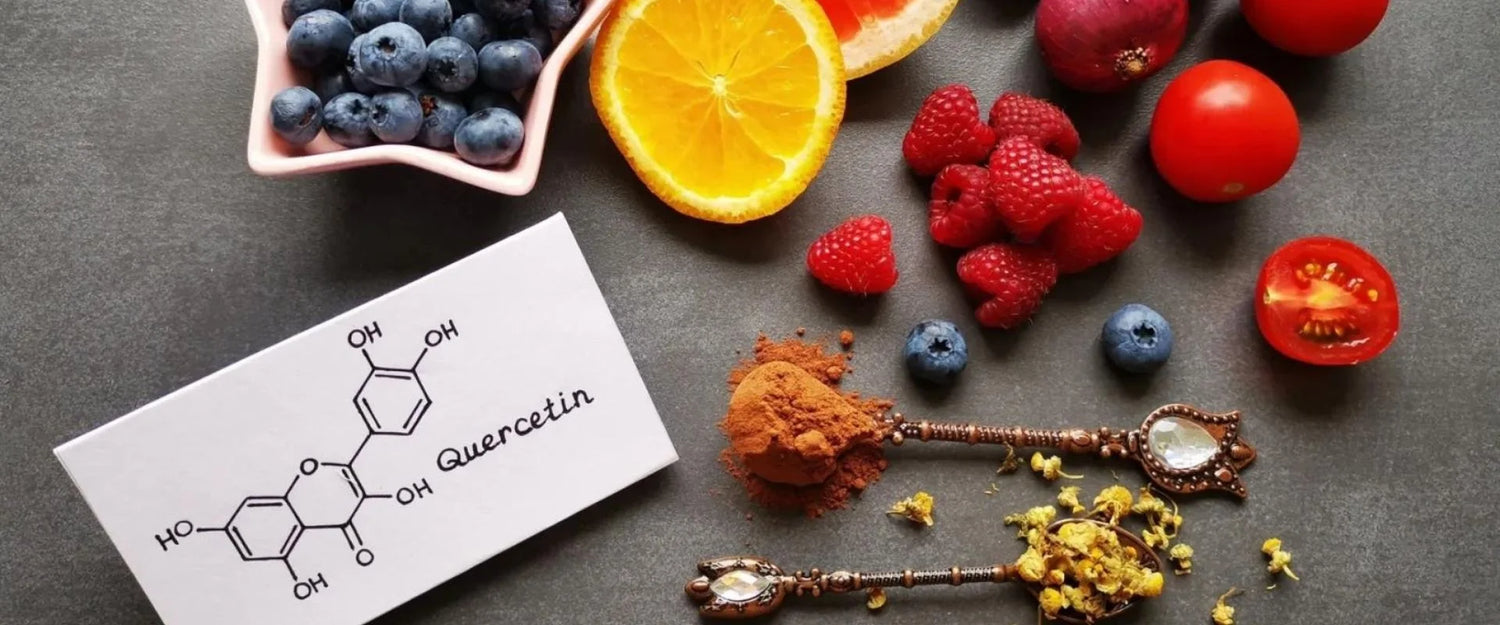
Leave a comment
All comments are moderated before being published.
This site is protected by hCaptcha and the hCaptcha Privacy Policy and Terms of Service apply.